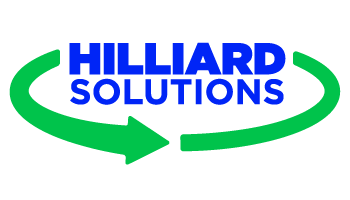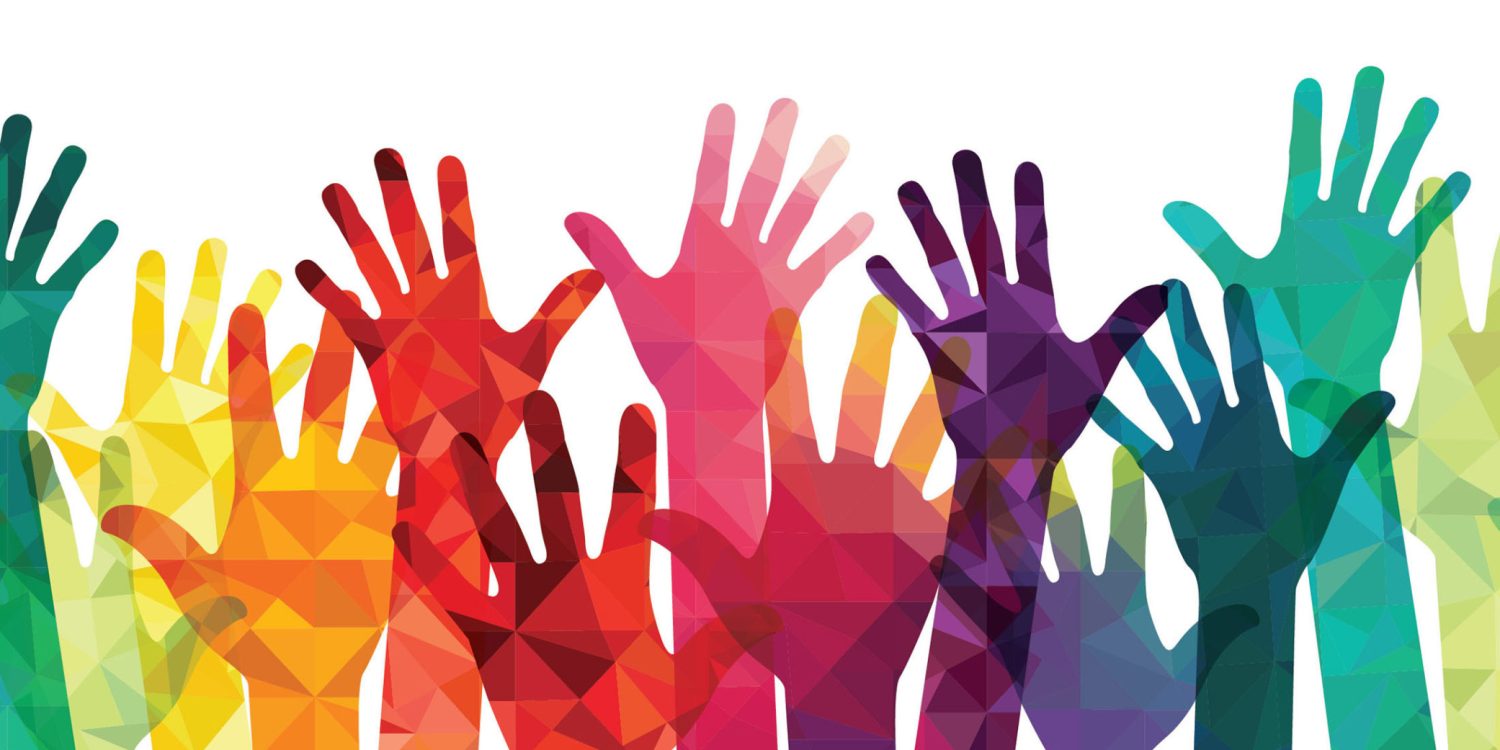Calling Sports Leaders: Is DEI Just the Latest Hot Topic in Your Organization?
In sports, we consistently find ourselves in reactive mode, responding to critical issues in a singular fashion, as if they exist in some sort of vacuum. That explains why in the past few years our focus has continuously shifted…from athlete mental health and wellness to physical health and safety, from gender equity to athlete activism, from racial and social justice to NIL and now to DEI. Somehow, we too often neglect that all of these issues impact one another and all are impacted by each other.
As for Diversity, Equity, and Inclusion, turning your attention away from any of the challenges we as sports leaders face without thinking about DEI simply makes little sense. After all, DEI impacts how we address NIL, gender equity, social justice, hiring practices and promotions, scholarships, mental health and wellness, athlete education, development, transition programs, professional development, alumni and campus relations, leadership training, and so much more. These challenges exist on multiple levels, are pervasive, diverse, and permeated inside and outside an organization. Effective, socially responsible leaders can no longer operate in a silo and expect to meet the demands of a new generation of empowered athletes, withstand the impact of the media and achieve the financial milestones that they need to succeed and thrive.
That explains why I am challenging you to answer these 10 questions that I believe will help you to address DEI more effectively and more importantly make it a foundational component of your existence as an institution or organization.
- Is DEI viewed as an initiative or as critical to the overall fabric of everything you do and stand for as a department, university, or organization?
- As your department or organization addresses its latest challenges (Racial and social justice, mental health and wellness, gender equity, athlete activism, NIL, etc.), does the subject of DEI help lead the solutions discussion?
- Does your department, university or organization typically act in a siloed manner and if so, is that slowing down real DEI progress?
- Do you feel your supervisors are convinced that DEI can be addressed by simply appointing a committee and making a new hire in charge of DEI implementation?
- Were you hired for, appointed or promoted to the DEI position because you are a person of color?
- Are you comfortable managing up since that is likely necessary to achieve the goals to which you are committed?
- Have you explored DEI through the lenses of economics, psychology, education and even career development?
- Have you been given effective digital tools to measure the progress being made in achieving greater diversity, equity, and inclusion?
- Have you been provided with the necessary budget, tools, and resources to measure the progress being made in achieving greater diversity, equity, and inclusion?
- Do you have the necessary resources to call upon as you work to achieve your personal and your organization’s DEI goals?
The time is now for a new model that requires that we view and address our ongoing and future challenges through a distinct set of interrelated domains including Education, Career Development, Sociology, Psychology, and Economics. When studied, the model demonstrates that successful organizations recognize the value of approaching challenges and opportunities from multiple perspectives and at different levels. They understand that DEI isn’t just something that you implement or administer. To them, it is a core value upon which their organization has been built. Achieving true diversity, equity and inclusion requires changing the culture and the actions of an organization’s entire team. It demands that serious leaders appoint specifically trained and qualified individuals to lead DEI initiatives, provide the necessary evaluation tools and resources to implement meaningful, lasting change, and practice a holistic, integrated approach to solving their problems.
The economic and social impact of DEI cannot be denied. Today’s sports headlines, at every level, remind us that the opportunity to make an impact increases every day. That is why I am imploring you to put the action steps in place to ensure that, from this day on, DEI is viewed as an essential foundational cornerstone of your organization. My suggested Step 1: make answering and addressing the above questions a top priority.
Excerpted from Shifting into Action: Leading During Challenging Times Through a DEI Lens presentation by Hilliard Solutions and DEI Allied Partner, the Liderança Group, at the National Association for Academic and Student-Athlete Development Professionals (N4A) DEI Summit on October 20, 2021.

